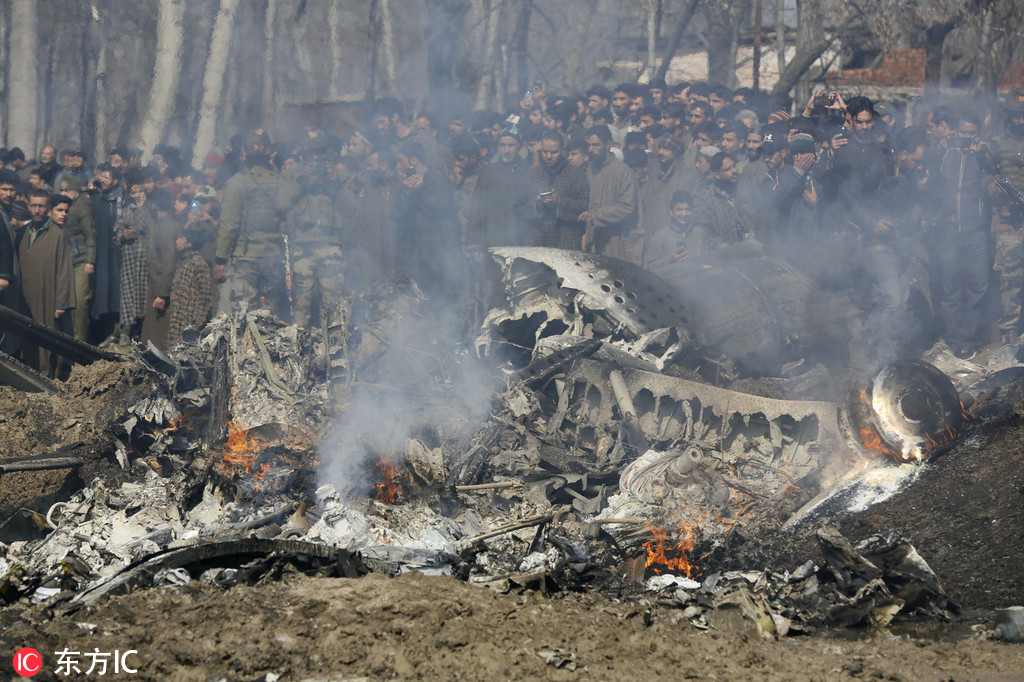India, Pakistan know controlling conflict in their best interests
China Daily | Updated: 2019-03-05 07:54

ON FEB 14, 44 paramilitary officers were killed in a suicide attack in Pulwama in India-administered Kashmir. As it has after previous attacks, India accused Pakistan of having a "direct hand" behind the scenes and it launched airstrikes targeting what it said was a large training camp of the Jaish-e-Mohammad group, which claimed responsibility for the attack. Xiakedao, a WeChat account of People's Daily, comments:
Fortunately, the military tensions have subsided as Pakistan released the Indian pilot it was holding after his plane was shot down and said the two nuclear-armed powers should not go to war, and in response, the Indian foreign minister said that India does not want to see an escalation of the conflict.
Like his predecessors, Indian Prime Minister Narendra Modi has taken measures to improve ties with Pakistan since taking office in May 2014. However, the latest suicide attack, following the frequent terrorist attacks targeting India in recent years, which it believes are related to Pakistan, prompted the Modi government to launch a "surgical strike" to punish Pakistan and prove its ability to retaliate, and to show a strong image ahead of the coming elections.
However, to cross the "line of control" in disputed Kashmir and directly strike the terrorist training camp in Pakistan is a violation of Pakistan's territorial sovereignty.
Actually, the root cause of the frequent acts of violence in India-controlled Kashmir are not "pure" terrorist activities.
On the one hand, India and Pakistan have disputes over Kashmir's sovereignty. In order to compete for the Kashmir region, since the founding of the two countries, there have been many conflicts and large-scale military confrontations, let alone hundreds of thousands of small fights every year.
On the other hand, India's poor governance in the India-controlled Kashmir region has also led to local grievances creating active separatist forces.
But India does not want to make such a fact public and so, every time when such kind of violence occurs, New Delhi immediately accuses Islamabad of behind-the-scenes involvement in an attempt to shift the blame for the internal unrest to Pakistan.
Either for their domestic needs or out of the consideration of other powers, the possibility for India and Pakistan to have a large-scale military conflict is slim. Having experienced frequent military conflicts, the two countries understand that to exercise maximum restraint and engage in dialogue are in their best interests.
























